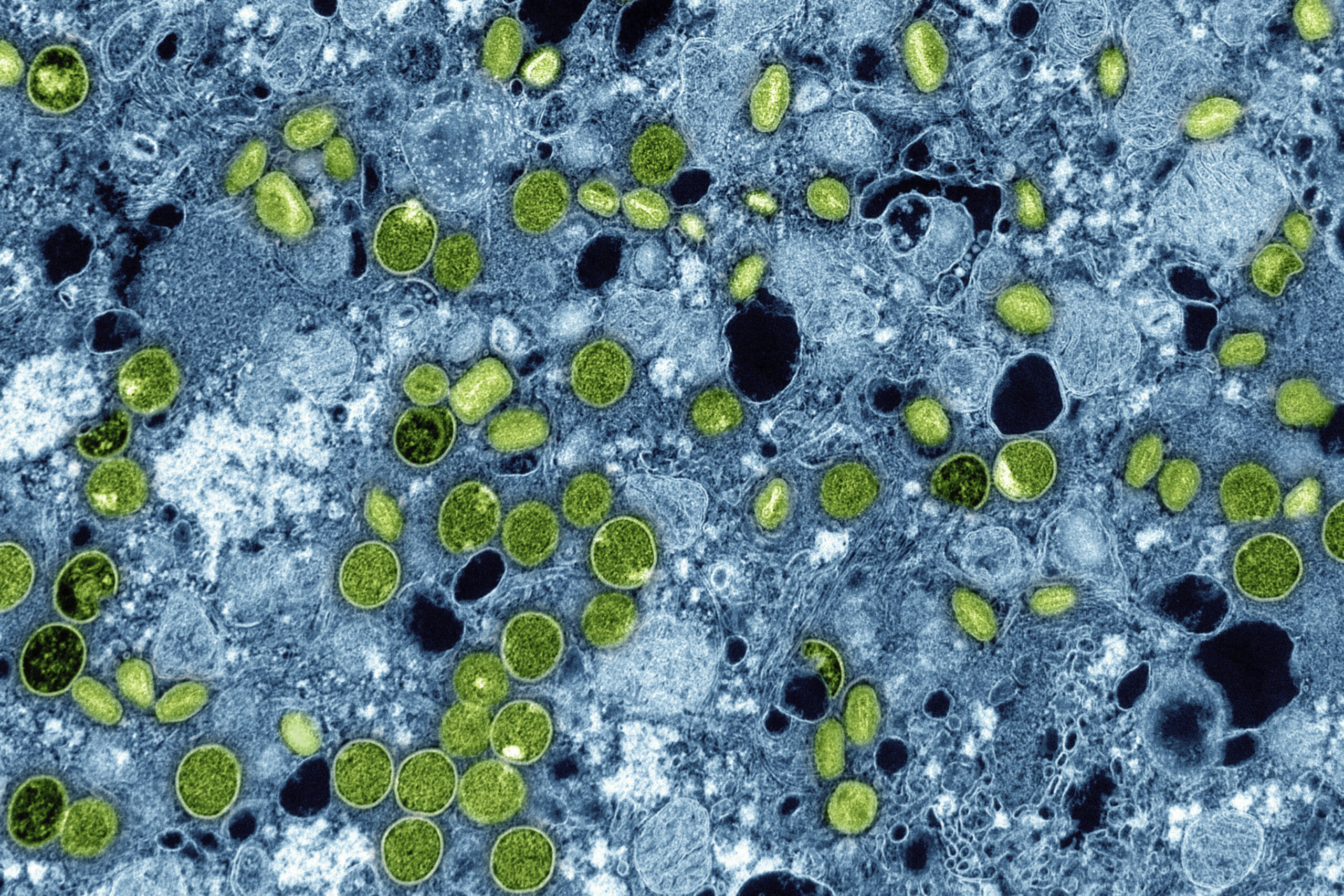
Health providers and the public have been urged to be on the alert for mpox cases after particles were detected in several sewage samples in North Carolina.
The risk to the public is low at this time, the North Carolina Department of Health and Human Services (NCDHHS) said in a news release on Tuesday.
Why It Matters
Mpox, previously called monkeypox, is a rare disease. Part of the same family as the virus that causes smallpox, it is caused by a type of virus typically found in West and Central Africa. It is “primarily spread by prolonged close contact, typically skin-to-skin, often during sexual activity,” according to the NCDHHS.
Early symptoms include fever, tiredness, headaches and sometimes a sore throat or cough. Those who contract the virus often develop a rash that changes over time (from flat spots to raised bumps, blisters and scabs). The process usually takes between two and three weeks, and those who are infected are contagious until all scabs heal and new skin forms.
What To Know
North Carolina’s detections were found in wastewater samples collected on March 25, March 28 and April 8 from a treatment plant in Greenville.
They were all clade I—one of the two genetic types of the virus, the other being clade II. To date, only four clade I cases have been reported in the U.S.
“These detections mean there was possibly at least one person with an undiagnosed or unreported clade I mpox infection present or traveling through the Greenville area around the time of these detections,” the NCDHHS said.
The results were found by the North Carolina Wastewater Monitoring Network, which was launched in 2021 to help improve information about the spread of certain viruses.
Samples are collected routinely from 35 wastewater treatment plants across the state and tested for specific viruses, including SARS-CoV-2 (the virus that causes COVID-19), influenza and respiratory syncytial virus.
This year has already seen two mpox cases identified in North Carolina. Both were clade II.
AP
What People Are Saying
Dev Sangvai, North Carolina’s Health and Human Services secretary, said in the news release on Tuesday: “The detection of clade I mpox virus in wastewater surveillance tells us the virus is potentially here in our state, even though no cases have been reported and confirmed. We encourage health care providers to be on the lookout for mpox cases and we encourage people who are at higher risk to protect themselves by getting vaccinated.”
What Happens Next
The NCDHHS has asked all North Carolina health care providers to consider mpox in patients who show compatible symptoms.
If you think you are exhibiting symptoms or have had close contact with someone who has mpox, you should visit your health care provider.
